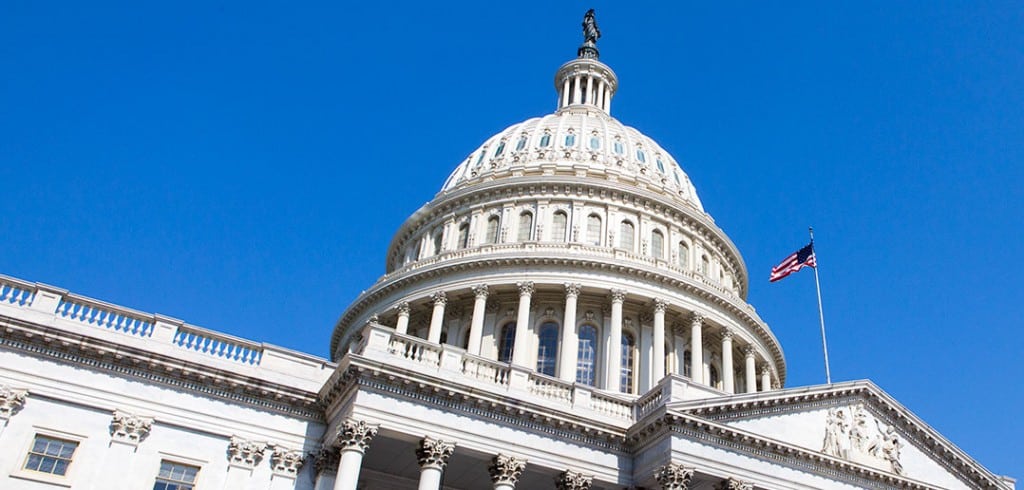I spend most of my days in contact with our elected officials in both Washington, D.C., and Nashville, so when the topic of the integrity of our government comes up for discussion, you might expect that I would want to tell you horror stories. That I would tell you the world is full of Frank Underwood-types (the lead character in Netflix’s “House of Cards”) who will stop at nothing to achieve their own selfish ambitions. That no politician really cares about serving as a steward of our great nation, only about serving himself or herself.
After all, it does seem to be the popular thing to express doubt and believe the worst when it comes to politics these days. How else can you explain the popularity of “The Daily Show,” a satirical television program fashioned as a fake news broadcast? It has grown from a late-1990s upstart aired on a cable channel most people had never heard of to one of the most prevalent sources of news information for those in the 18-to-34-year-old demographic.
The show bases its comedy on the real-life events that make up the news — mostly the current events surrounding politics and government — and generates laughter by assuming a cynical and skeptical tone about whomever is involved in the story. Common themes seem to involve a general lack of faith in the true intentions of just about anyone and everyone who is involved in public service, and, therefore, those same people and the decisions they make are deserving of ridicule. And this ridicule is deeply personal, typically targeted at a particular politician or public figure.
One would think that to enjoy this type of comedy, a person would have to understand the underlying events that the jokes are based on. In other words, if someone is not familiar with the topics the show lampoons, then he or she probably would not find it funny. But an interesting thing has happened. Many of the show’s biggest fans have skipped the first part, allowing the joke to become the vehicle by which they receive the information upon which the joke is based.
Mark Twain once said, “Get your facts first, and then you can distort them as much as you please.” In the case of “The Daily Show” audience, it seems to me as though the distortion (made for the purpose of eliciting humor) has become the most pleasing way to first get your facts — the joke is the news. One of my good friends, educated and opinionated, admitted to me recently that she had stopped watching any television news but rarely missed “The Daily Show.”
I offer these thoughts not as a critique of one particular television show but as an observation about our society in general. You can make your own judgments about whether the rise in popularity of satirical “news” is a good or bad thing. You can make your own judgments about our society’s desire to point the finger at someone else. But the popularity of this type of comedy today does have an effect upon the real-world actions of our political leaders. Many of them are eager to appear on these programs themselves, understanding the reality that so many people view this programming as “news.”
But let me offer some words of encouragement from my own first-hand experience. Frank Underwood is a wildly fictional character and is nowhere close to reality. The bitterness and divisive assumptions about politicians that cause us to laugh at Jon Stewart’s jokes, well, that attitude is not reflective of the reality I am a part of almost every day. I find myself surrounded by decent, hardworking people who face difficult decisions on a daily basis. They make those decisions based on a number of factors, guided by their own faith, morals and convictions.
Sometimes they get it right; sometimes they don’t. But whether they do or don’t, does it do you any good to deride and ridicule the person who made the decision? By all means, I encourage you to participate in the political process and support or oppose those who reflect your desires for public policy. But the deeply personal way in which our society criticizes politicians only seems to keep good people from choosing to serve. The void in leadership that is then left behind is filled by people whose misdeeds make it very easy to criticize. So what did the personal criticism really get us?
I try hard, often unsuccessfully, to fight off my own cynicism about the manner in which our country chooses to govern itself. Staying focused on affirming that which is good about our politics seems to be a more productive use of our time. It is true that nothing in this world will ever be perfect. And it is also true that our system of government really is the worst … except for every other one that’s ever been tried.



